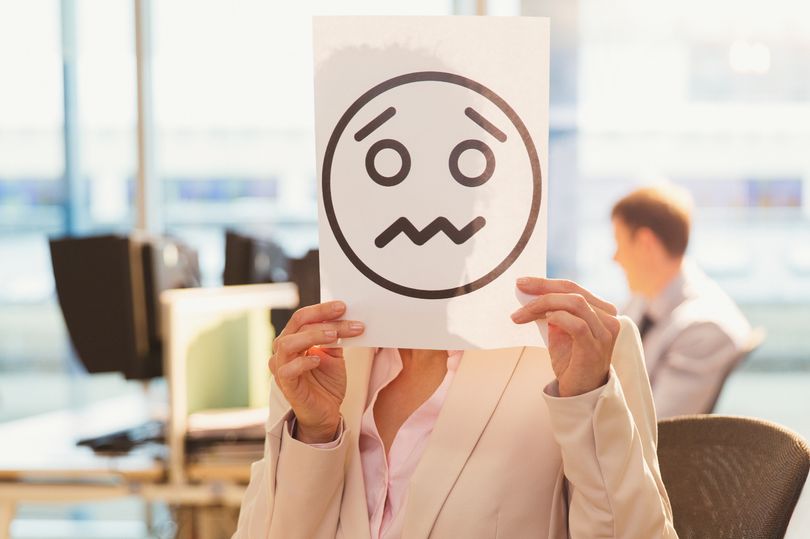Over the years, much has been written about a person’s need to work.
Work has great mental health rewards as well as financial gain.
It gives us a personal sense of usefulness, service, achievement and the nourishment of social contact, which we greatly miss when it’s not there.
Much of the current harm to our mental health and stability is from unemployment and the feeling of irrelevance it inflicts on us. We imagine a return to a job would be a panacea and a relief from isolation, meeting up again with colleagues.
But whoa, a return to work may not be straightforward, as Oxford Professor Ewan Macdonald and his colleagues from Wolverhampton and Oxford say in the BMJ.
We mustn’t forget how we “decondition” when we don’t work.
We put on weight, physically we deteriorate, our brains become less agile and our mental health slumps.
The longer someone is off work, the less likely they are to return.
Over half of adults stop working – often for health reasons – between the age of 50 and statutory retirement age. Plus the job market has contracted and the workforce is ageing.
Doctors have to be sensitive to the needs of people getting back to work, whether they’re going to be working at home or returning to their workplace.
A holistic approach with clinical and social support, particularly for peoplewith multiple health problems, seems best.
Going back to work isn’t as straightforward as it used to be. There’s a new risk to be taken account of – the risk of exposure to Covid-19 – when someone’s considering whether and how to return to work.
It’s essential to check employers have installed infection control measures, including social distancing, improved hygiene, screens, virtual meetings and personal protective equipment.
The prospect of returning to work after a long time off can raise anxieties about catching Covid.
If you’re worried, discuss with your doctor anything giving you concern, particularly if you have a chronic condition like high blood pressure or diabetes.
If you can, talk to your employer and get reassurance about work hygiene and precautions they’ve put in place to ensure your health.
It’s worth mentioning to your doctor about seeing an occupational health specialist who can bridge the work gap and reassure you about starting work, again, which can be like a shot in the arm for not only you but the nation.
The opposite could be devastating. As Professor Macdonald points out “the effects of widespread worklessness and long-term unemployment could be worse for population health than Covid-19”.

